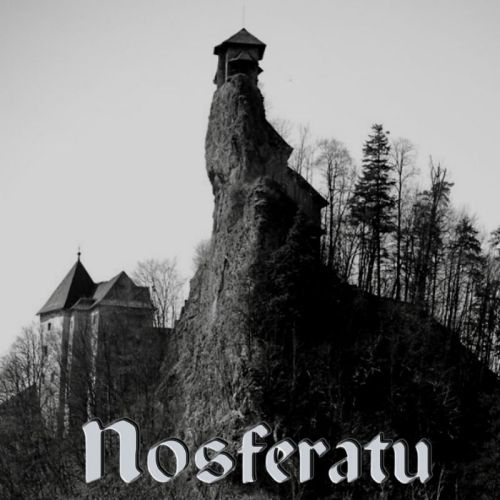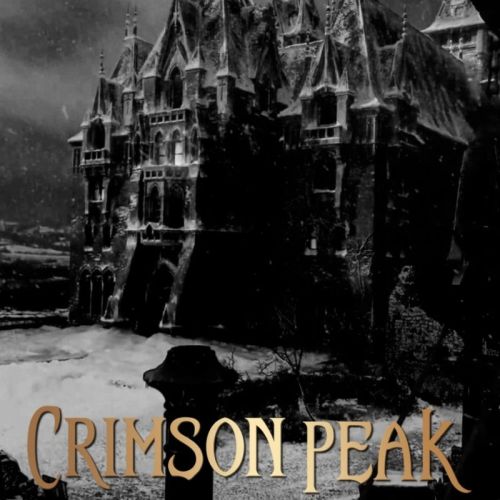Things I Wanna Research More:
Things I wanna research more:
When movie musicals became second best to theatre musicals
Time theories
Quantum theories
Astronomy
The seven other units at uni that I can’t do for this degree
Did I say time theories
Quantum physics
Physics in general
Psychology things (mental health, trauma, etc)
More Posts from Victorlima1 and Others
Isaac Newton is perhaps the greatest scientist who ever lived. In a world obsessed with witchcraft and sorcery, he dared to write down the universal laws of the heavens and apply a new mathematics he invented to study forces, called the calculus. As physicist Steven Weinberg has written, “It is with Isaac Newton that the modern dream of a final theory really begins.” In its time, it was considered to be the theory of everything—that is, the theory that described all motion.
Before Newton, the church taught that there were two kinds of laws. The first were the laws found on Earth, which were corrupted by the sin of mortals. The second were the pure, perfect, and harmonious laws of the heavens.
The essence of Newton’s idea was to propose a unified theory that encompassed the heavens and the Earth.
If a cannonball is fired from a mountaintop, it goes a certain distance before hitting the ground. But if you fire the cannonball at increasing velocities, it travels farther and farther before coming back to Earth, until it eventually completely circles the Earth and returns to the mountaintop. He concluded that the natural law that governs apples and cannonballs, gravity, also grips the moon in its orbit around the Earth. Terrestrial and heavenly physics were the same.
The way he accomplished this was to introduce the concept of forces. Objects moved because they were pulled or pushed by forces that were universal and could be measured precisely and mathematically. (Previously, some theologians thought that objects moved because of desires, so that objects fell because they yearned to be united with the Earth.
Thus, Newton introduced the key concept of unification.
In 1682, a sensational event happened that changed the course of history. A blazing comet sailed over London. Everyone, from kings and queens to beggars, was buzzing with the news. Where did it come from? Where was it going? What did it portend?
One man who took an interest in this comet was astronomer Edmond Halley. He took a trip to Cambridge to meet the famous Isaac Newton, already well-known for his theory of light. (By shining sunlight through a glass prism, Newton showed that white light separated into all the colors of the rainbow, thereby demonstrating that white light is actually a composite color. He also invented a new type of telescope that used reflecting mirrors rather than lenses.) When Halley asked Newton about the comet that everyone was talking about, he was shocked to hear that Newton could show that comets moved in ellipses around the sun and that he could even predict their trajectory using his own theory of gravity. In fact, he was tracking them with the telescope he invented, and they moved just as he predicted.
Halley was stunned. He immediately realized that he was witnessing a landmark in science and volunteered to pay for the printing costs of what would eventually become one of the greatest masterpieces in all science, Mathematical Principles of Natural Philosophy, or simply Principia. Furthermore, Halley, realizing that Newton was predicting that comets could return at regular intervals, calculated that the comet of 1682 would return in 1758. (Halley’s comet sailed over Europe on Christmas Day, 1758, as predicted, helping to seal Newton’s and Halley’s reputations posthumously.) Newton’s theory of motion and gravitation stands as one of the greatest achievements of the human mind, a single principle unifying the known laws of motion.
Even today, it is the laws of Newton that allow NASA engineers to guide our space probes across the solar system.
The God Equation: The Quest for a Theory of Everything by Michio Kaku
















horror → castles
I want someone to run with under the rain, someone who wants to paint with me even if painting is not one of their best skills, I want someone to talk to about my favourite character and listening to them talking about theirs. I want someone to stargaze with. I want to share my favourite songs with them. I want someone who likes to talk about space, someone I can have deep conversations with. Someone to talk about art.








Blackstairs

saw this trend on twitter and I HAD to join ✨









illicit affairs and clandestine meetings
in my sylvia plath, tortured poet, the lakes, jo march, dead poets society, albert camus, folklore, evermore, metamorphosis, dostovesky era
I travel to different worlds through my head, you can call me crazy if you want, but I've seen things and I've lived lives and they were all extraordinary.
i love tumblr bc nothing matters here but pictures and inner thoughts
-
 khushiyanhikhushiyan liked this · 3 years ago
khushiyanhikhushiyan liked this · 3 years ago -
 victorlima1 reblogged this · 3 years ago
victorlima1 reblogged this · 3 years ago -
 victorlima1 liked this · 3 years ago
victorlima1 liked this · 3 years ago -
 aloneinthisuniverse liked this · 3 years ago
aloneinthisuniverse liked this · 3 years ago -
 forget-mad-not liked this · 3 years ago
forget-mad-not liked this · 3 years ago -
 bookwormscififan reblogged this · 3 years ago
bookwormscififan reblogged this · 3 years ago
